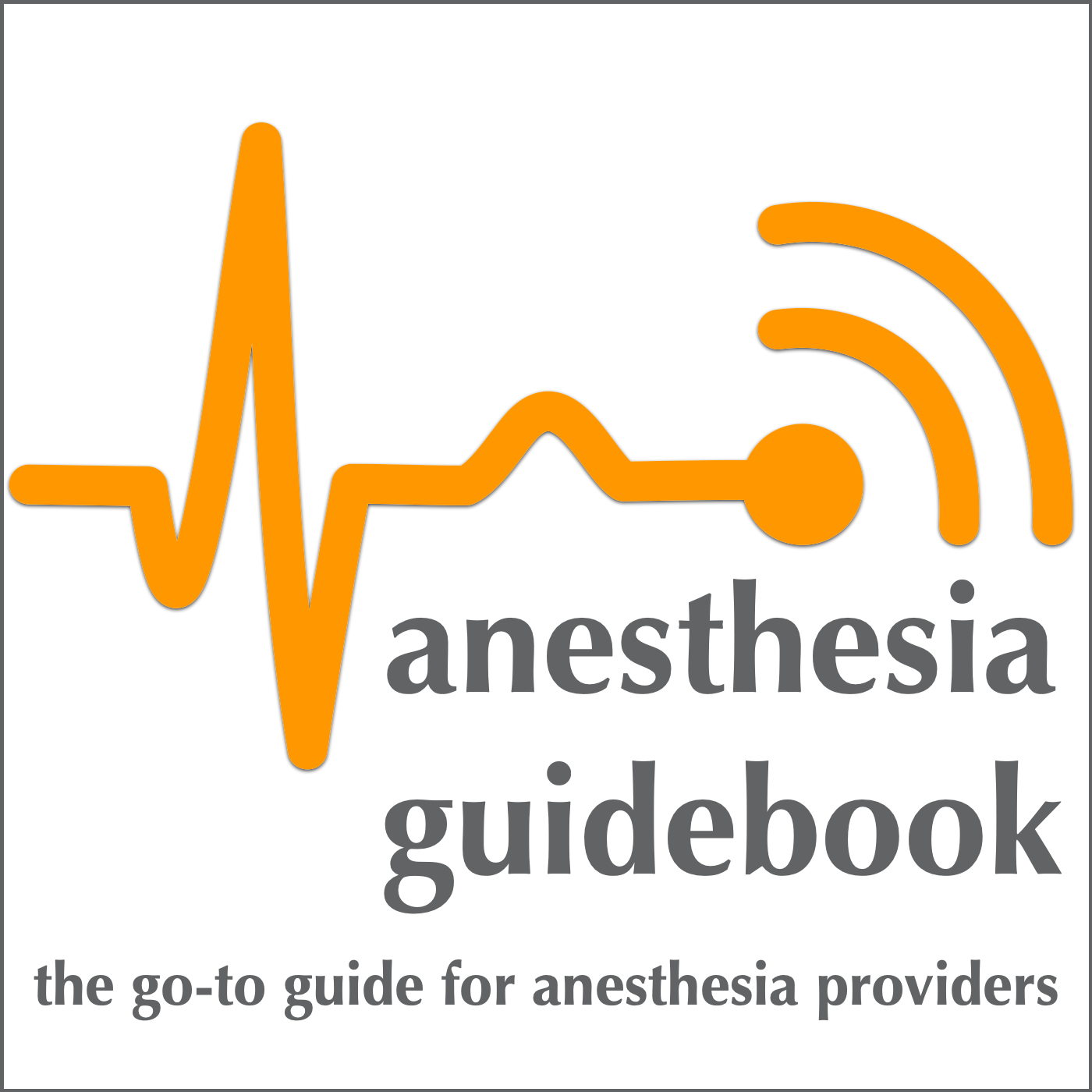#75 – Thrive in Training: communicating with preceptors
Description
In this episode, the founders of From the Head of the Bed… Jon Lowrance, Kristin (Andrejco) Lowrance, Brad Morgan & Cassidy Padgett, talk about how to communicate with preceptors as anesthesia trainees.
This conversation was recorded as one of the original podcasts released at the launch of From the Head of the Bed, the podcast the proceeded Anesthesia Guidebook, back on March 10, 2015. Over 7 years later, it’s getting a re-release here as part of the Thrive in Training series and the tips shared are just as relevant as ever.
All four of these folks were third-year SRNAs at the time of this recording and offer tips for anesthesia trainees hitting the clinical environment for how to communicate with preceptors. How well you get along with the folks you work with in the OR will either make or break your day – as an anesthesia trainee and as a licensed anesthesia provider. It takes a hefty dose of emotional intelligence to navigate the relationships found in the OR. This is one of the things that many anesthesia trainees find surprising: just how hard they have to work to understand the people they work with, what relationships are already at play in the OR between OR RNs, surgeons, CSTs & anesthesia providers and how to create positive working relationships with preceptors.
It’s rare that anesthesia training programs – for CRNA or physician anesthesiologists – provide education on how to become a clinical anesthesia educator or preceptor. Those skills are usually left up to anesthesia providers to figure out on the job. Given that, many anesthesia providers don’t approach their roles as preceptors and clinical educators with deliberate and highly functional skills and techniques. They just do their job as anesthesia providers and expect anesthesia trainees to figure the job out as they work together through the day. Given this context, it’s critical for anesthesia trainees to understand how to communicate with preceptors in order to create positive working relationships.
That’s not to say that the onus is just on anesthesia trainees for creating their own positive educational experiences. Certainly, clinical faculty and anesthesia training programs should bear the primary responsibility for creating effective educational environments for their trainees. But given that the quality of educational settings for anesthesia trainees can vary greatly, along with the clinical teaching skills of faculty, it can only help if you as an anesthesia trainee show up with some knowledge of how to communicate with your preceptors. So that’s what we talk about in this podcast.
We hit on the following topics:
* Importance of communication skills in the perioperative environment* How to prepare for clinicals* Tips for making pre-clinical phone calls to preceptors* The use of cell phones/electronic devices in the OR* Common questions preceptors ask students* How your communication skills should evolve during training* Importance of being teachable, flexible, humble and thankful
In the podcast, we talk about the “smooth & in” video. Unfortunately, I can’t find it and the prior link has been removed. It was a classic. If someone can find it, let me know.
More Episodes
What’s up yall! This is Jon Lowrance and this is episode 105 of Anesthesia Guidebook – the impact of precepting on clinical learning with Jennifer Heiden. This episode is coming out on February 21, 2024.
Jennifer Heiden is completing her Doctor of Nursing Practice in anesthesiology at...
Published 02/21/24
Published 02/21/24
Chuck Biddle PhD, CRNA is a Professor Emeritus of anesthesiology at Virginia Commonwealth University and served as the editor in chief of the AANA Journal for 35 years. His anesthesia education & master’s degree are from Old Dominion University and he completed his PhD in Epidemiology at the...
Published 01/28/24


